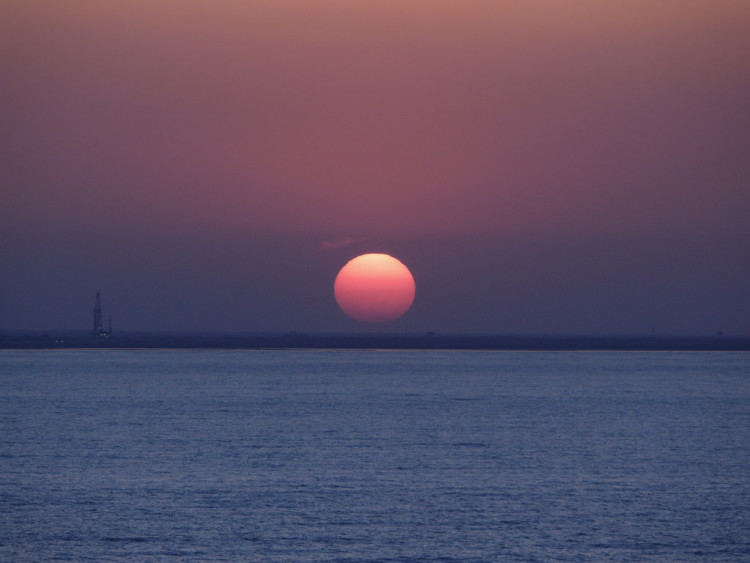China vowed that they will make the necessary actions to largely reduce the volume of pollutants caused by industries in the Bohai Sea. The water is one of the world's busiest and also one of the most polluted waterway.
The Chinese government is lending extra effort in reversing the damage caused by industrialization to the Bohai Sea. The sea is along the cost of the industrial provinces of Liaoning, Hebei, and Shandong. Pollutants like sewage, heavy metals, plastic waste, and fertilizer have contaminated the waters.
The Bohai Sea is the location of Major coal, iron ore, and crude oil ports situated in Dalian, Tianjin, Caofeidian, and Qinhuangdao. In 2011, an oil spill from a well owned by the U.S. firm ConocoPhillips took place in the body of water.
China's Ministry of Ecology and Environment released a policy document promising that they will heighten their effort in ensuring that about 73 percent of Bohai coastal waters are fit for human contact before 2020. The document will also limit the available parts of the coastline for development. It will also restrict land reclamation and place relines to shoreline developments in the area.
The Chinese government plans to establish a team that will regularly inspect the sea. The team will ensure that laws are being followed as they help prevent environment risky events like a marine oil spill.
According to Ke Chang, the head of the ministry's marine environmental office, the country failed to resolve the pollution issue so far. They also failed to reduce the flow of foreign materials in the body of water. The country "red line" scheme plans to place 30 percent of the countries coastline out of reach to development.
According to Chang, the tough battle will be fought on four fronts that include addressing pollution sources on the land, curbing pollution from marine activities, restoring the marine ecological environment, and preventing environmental risks.
According to reports, the government will start its campaign on rivers and outflows that flowing to the body of water. They will also address issues with factories, pollution caused by rural residents, agriculture, and urban sewage. They are also implementing policies that will reduce pollution from mariculture, vessels, and ports.
China is planning to implement the strictest rules in history to reclaim the sea as they implement coastline development projects. They plan to move forward by imposing environmental risk assessments and law enforcement inspections to end risks to the Bohai Sea.





